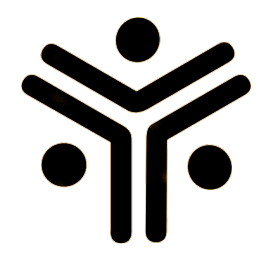What are General Moral Rights?
- Definition: A right is a moral claim to freedom of action.
- Rights trump other moral considerations.
- A set of rights must be internally consistent.
- Rights address the jurisdictional issue: Who should decide?
- Who do rights protect against? The State, and also private criminals.
- What is the ultimate - most general - right? The right of freedom of action.

What is freedom of action? The ability to do anything which you are entitled to do, so long as it does not negate the freedom of action of others. (Note that "entitled" assumes some underlying system of property rights.)
Freedom of action precedes (is a necessary condition for) living your life as you choose, i.e. human production and living a good life.
One right can not contradict or violate another right. There can be no "trade-offs" with or among rights.
Rights are not an answer to all moral issues. Rights only address what people should be allowed to do, not what they should do. "The right to do wrong," is a difficult concept for some, but it really does make sense.
Rights do not address or protect against natural constraints on humans, such as the need for food, clothing and shelter, nor do they address undeniable needs such as education and a decent standard of living. Rights do protect freedom of action in addressing such needs.
All other specific rights are examples of freedom of action.
Cf: Moral Rights and Political Freedom by Tara Smith
"Since men can think, feel, evaluate, and act only as individuals, it becomes vitally necessary for each man's survival and prosperity that he be free to learn, choose, develop his faculties, and act upon his knowledge and values. This is the necessary path of human nature; to interfere with and cripple this process by using violence goes profoundly against what is necessary by man's nature for his life and prosperity. Violent interference with a man's learning and choices is therefore profoundly 'antihuman'; it violates the natural law of each of man's needs." - Murray Rothbard
"The concept of a "right" pertains only to action - specifically, to freedom of action. It means freedom from physical compulsion, coercion or interference by other men. Thus, for every individual, a right is the moral sanction of a positive - of his freedom to act on his own judgment, for his own goals, by his own voluntary, uncoerced choice. As to his neighbors, his rights impose no obligations on them except of a negative kind: to abstain from violating his rights." - Ayn Rand
| General Moral Rights | Justification | Descriptive Rights |
